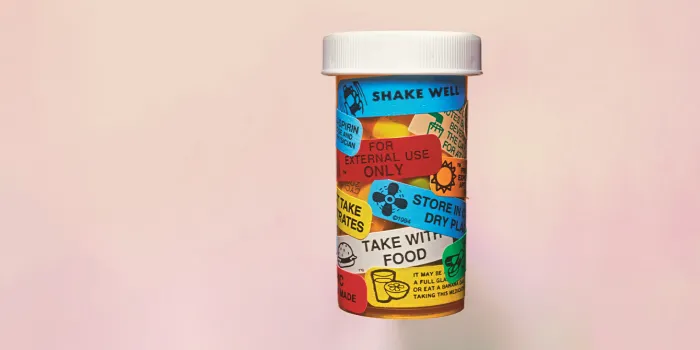If you or your loved one takes a medication to control a bleeding disorder, you may already know that you need to carefully consider which other medications you use. Drug interactions can lessen the effectiveness of your clotting factor, or worse, thin your blood and put you at risk for bleeding.
Consult your health care provider before introducing anything new, and be sure to disclose all of the medications you are taking, says Jason Adam Wittes, Pharm.D., director of pharmacy programs at the University of North Carolina Department of Medicine.
Never assume that anything is “harmless,” cautions Jonathan C. Roberts, M.D., associate medical director at the Bleeding & Clotting Disorders Institute in Peoria, Illinois.
Everything you put in your body matters, so take a look at these reminders of potentially dangerous drug interactions for people with blood and bleeding disorders.
Avoid Anticoagulants
Blood-thinning medications are often prescribed in response to cardiac events or to prevent strokes, heart attacks, or blood clots. Examples include heparin, warfarin, Plavix, and Xarelto. “There may be specific instances where anticoagulation is indicated for an individual with a bleeding disorder,” Roberts says. “These decisions should be made after thorough discussion with the patient’s hematologist and interdisciplinary team.”
NSAIDS Are No-Gos
Ibuprofen, naproxen, and aspirin are pain relievers that can decrease how well platelets work,
Vitamins and Herbal Supplements Matter
Some vitamins and herbal supplements could affect the coagulation system, says Roberts, who himself has hemophilia. Most of all, though,
Use Caution with Antidepressants
Frequently prescribed for depression, SSRIs (selective serotonin reuptake inhibitors) are a class of drugs known to affect platelet function in some people. “You need to weigh the risks and benefits of the medication and determine if it could complicate your bleeding disorder management,” Roberts says. In general, SSRIs can be used safely in people with bleeding disorders, but patients should be monitored for additional bleeding while using these medications.
Proper Storage and Handling Matters
Whatever medications you or your child are taking for a bleeding disorder, it’s always a good idea to review best practices for storing and handling them:
- Be sure your medication is refrigerated if that is required. If you don’t have access to a refrigerator, contact your health care team — you may be eligible for assistance.
- If you’re not sure about the instructions for storing your product, check the product insert or call your hemophilia treatment center.
- Always use clean supplies. Do you have alcohol wipes to clean off the vials? Do you have enough sharps? Are you disposing of them in a tear-resistant and leak-proof container?
For more information about NSAID use, consult this document from NHF’s Medical and Scientific Advisory Council: hemophilia.org/MASAC276.

